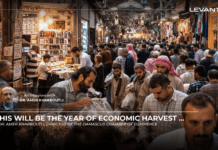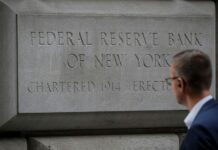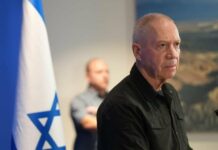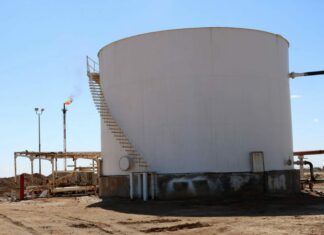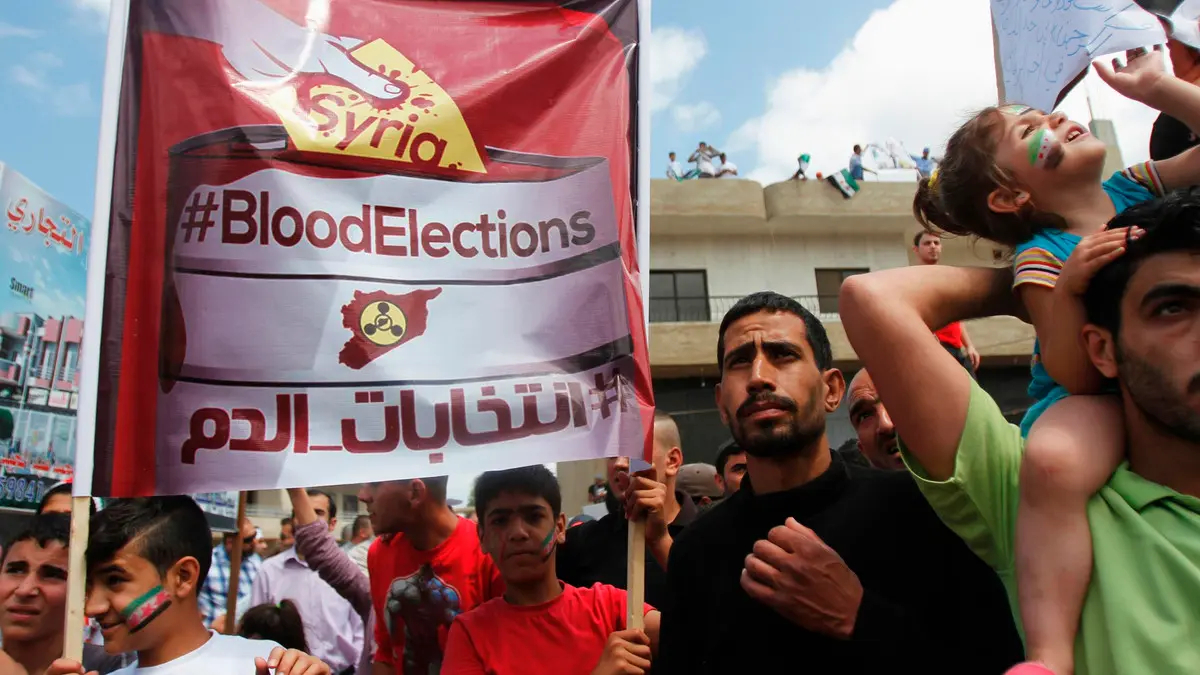
As Syria approaches mid-July, the scheduled elections for the new session of the People’s Assembly have sparked significant controversy and criticism from both local and international actors. Central to the debate is the widespread perception of a lack of transparency and legitimacy in the electoral process.
The Assad regime intends to hold elections for the 250-member People’s Assembly, predominantly composed of members from Assad’s Baath Party and its allies in the National Progressive Front. Previous elections, such as those held on July 19, 2020, were marred by allegations of violations, including coercion of government employees and university students to participate, and the election of militia leaders and individuals accused of war crimes.
Germany has voiced strong opposition to the upcoming elections. Stefan Schneck, the German envoy to Syria, emphasized in a tweet that Berlin does not support holding elections in Syria at this time, asserting that conditions are not yet conducive for free and fair elections. Schneck highlighted the need for the full implementation of UN Security Council Resolution 2254, mandating elections following the adoption of a new constitution. He stressed that any elections held now would merely solidify the ongoing conflict and division within the country.
Similarly, the United Kingdom has expressed its rejection of the elections. Laura Dix, Political Affairs Officer at the British Mission to the UN, stated that the elections contravene both international standards and Resolution 2254. She reiterated the UK’s commitment to continue humanitarian aid to Syrians in need, particularly in areas not under regime control, highlighting the vital and humanitarian importance of such support.
The PKK-aligned Autonomous Administration in North Eastern Syria (AANES) plans to hold municipal elections on August 8, following a postponement from the original date of June 11. This decision was justified by the need for a longer “campaigning period” and adequate time to engage international organizations to monitor the electoral process. However, this move has been met with criticism from local and international entities, including Turkey, which views the AANES as an extension of the Kurdistan Workers’ Party (PKK), a group listed as a terrorist organization by Turkey, the US, and EU countries.
The US government has also expressed significant concerns regarding the upcoming elections in Syria, particularly those organized by the AANES. Deputy Assistant Secretary of State for Near Eastern Affairs, Ethan Goldrich, stated that Washington does not believe the conditions are currently suitable for holding free, fair, transparent, and inclusive elections in the region. Highlighting that the US worries about the elections exacerbating tensions among local actors and residents, potentially destabilizing the already fragile political landscape. This position aligns with broader US efforts to maintain strategic relations with Turkey, which vehemently opposes the AANES’ electoral ambitions.
The Syrian Negotiating Committee (SNC) has also voiced its opposition to both the regime’s elections and those planned by the AANES. Badr Jamous, head of the SNC, called for international adherence to UN Resolutions 2254 and 2118 and emphasized the need for a transparent political process led and owned by Syrians. Jamous criticized the planned elections as violations of these resolutions and underscored the necessity of humanitarian support for Syrians, especially in areas outside regime control.
Residents in Suwayda province continue their peaceful protests, calling for political change and the overthrow of the Assad regime. Demonstrators have reiterated their intention to boycott the People’s Assembly elections, labeling them as “symbolic and undemocratic.” Activists in Suwayda have launched a campaign to urge a boycott of the elections, considering participation as perpetuating the dictatorial electoral process.
Despite concerns from both Syrians and those abroad, UN Special Envoy to Syria, Geir Pedersen, has acknowledged the elections in regime-controlled areas and northeastern Syria but emphasized that these are not substitutes for a comprehensive political process. Pedersen underscored the necessity of a new, agreed-upon Syrian constitution in accordance with Resolution 2254.
As the election date nears, the international community, including Germany, the US, and the UK, continues to stress the importance of a transparent and legitimate political process in Syria. The ongoing opposition to the elections underscores the deep-seated conflict and division within the country, highlighting the critical need for an inclusive and democratic resolution to the Syrian crisis.

